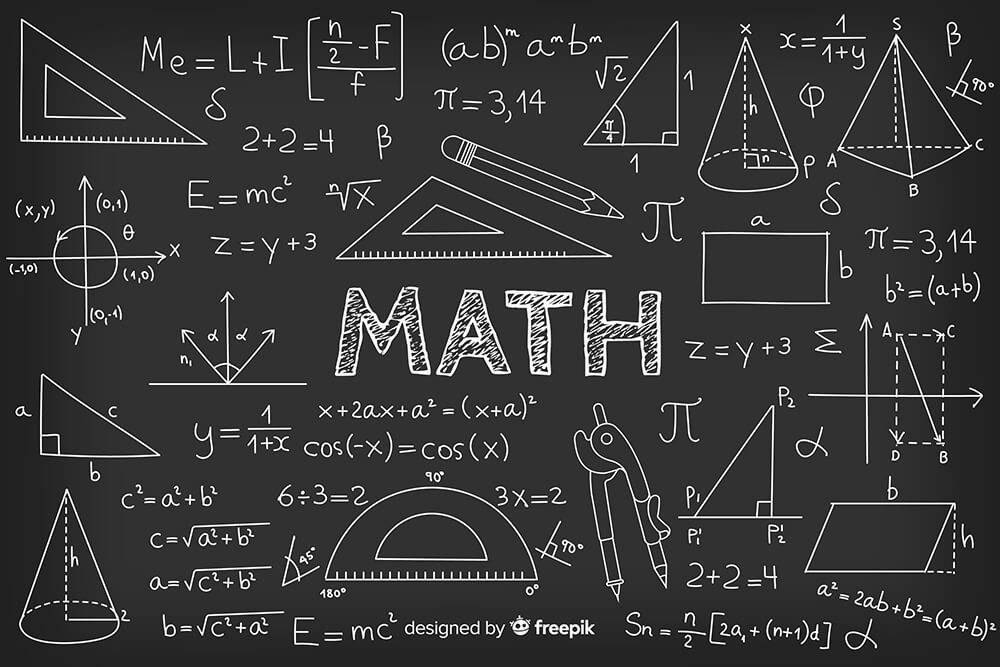Entering Year 7 marks a significant milestone in a student's educational journey, particularly in the realm of mathematics. As they transition from primary to secondary school, the mathematics curriculum becomes more complex and challenging.
To ensure a strong start in Year 7 maths and set the stage for future success, students and parents can take several proactive steps.
1. Review Fundamental Concepts
Before diving into Year 7 maths, it's beneficial to review fundamental mathematical concepts from previous years.
Year 6 serves as a foundation, so revisiting concepts such as basic arithmetic, fractions, decimals, percentages, and measurement units can help refresh a student's memory and confidence.
2. Familiarize with the Curriculum
Understanding the Year 7 maths curriculum is crucial. The curriculum typically covers topics such as algebra, geometry, data analysis, and number theory.
Familiarizing yourself or your child with the curriculum will provide insights into what to expect and help identify areas that may require extra attention.
3. Organize Study Materials
Start the school year with well-organized study materials. Ensure you have the necessary textbooks, notebooks, stationery, and a reliable calculator.
Keeping materials organized will make it easier to stay on top of assignments and coursework.
4. Establish a Study Routine
Consistency is key when it comes to mastering Year 7 maths. Establish a study routine that includes dedicated time for homework, practice, and review.
Having a structured routine helps in managing time effectively and ensures that all topics are covered adequately.
5. Seek Additional Resources
Don't hesitate to seek out additional educational resources. There are numerous online platforms, textbooks, and math apps that provide interactive lessons, practice problems, and tutorials.
These resources can supplement classroom learning and help students grasp complex concepts more easily.
6. Practice Regularly
Mathematics is a subject that requires practice to excel. Encourage regular practice, not just on assigned homework but also through extra exercises and problems.
Solving problems consistently reinforces mathematical skills and builds confidence.
7. Don't Be Afraid to Ask Questions
Mathematics often involves tackling challenging problems and concepts. It's perfectly normal to have questions or encounter difficulties.
Encourage your child to ask questions in class or seek help from teachers, classmates, or tutors when needed. A willingness to ask questions is a sign of a proactive learner.
8. Explore Real-Life Applications
Help your child understand the real-life applications of mathematics. Show them how math is used in everyday situations, from budgeting and cooking to measuring distances and calculating percentages. This practical approach can make math more engaging and relatable.
9. Encourage Critical Thinking
Mathematics is not just about rote memorization; it's about problem-solving and critical thinking. Encourage your child to approach math problems analytically and logically.
Emphasize understanding the underlying principles rather than relying solely on memorization.
10. Maintain a Positive Attitude
A positive attitude toward mathematics can go a long way in Year 7 and beyond. Emphasize the importance of perseverance and a growth mindset.
Mistakes are opportunities to learn and improve, so don't let frustration deter you from embracing the challenges of Year 7 maths.


No comments yet